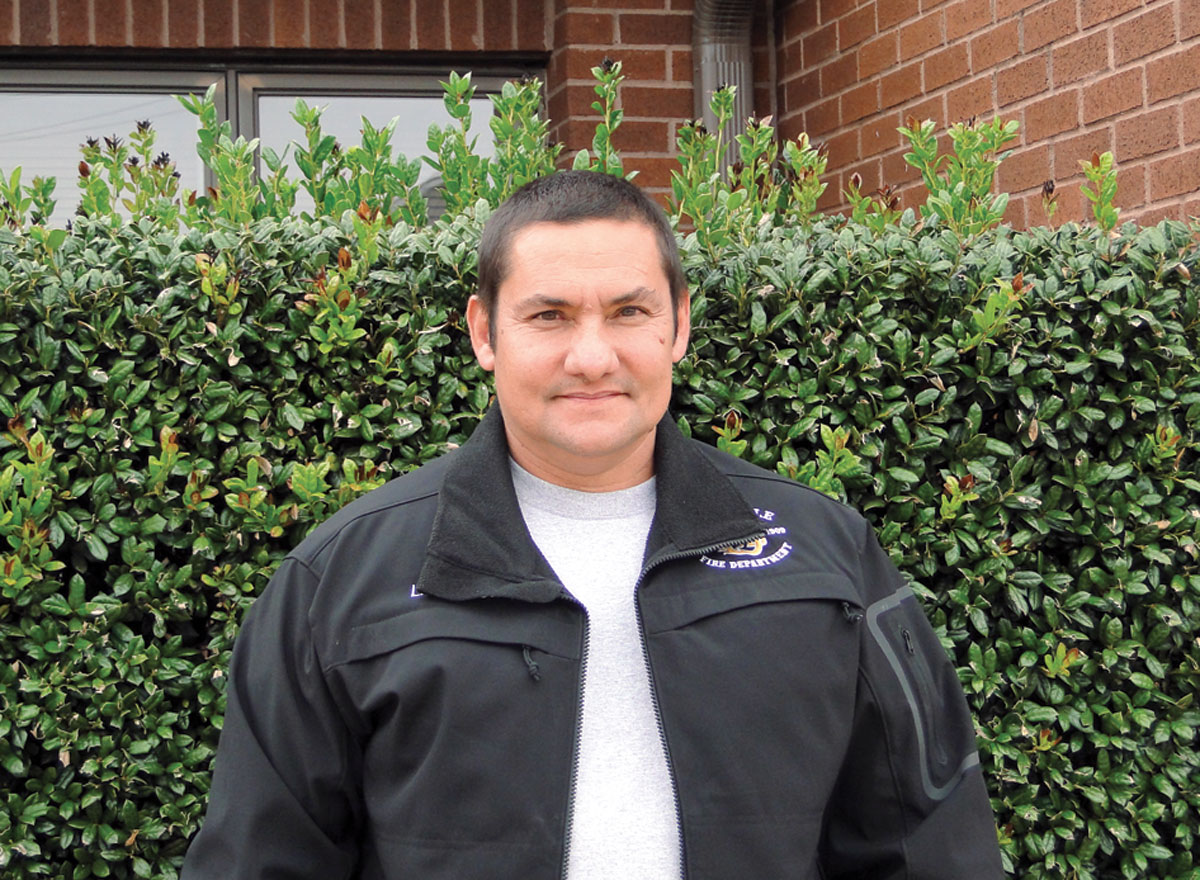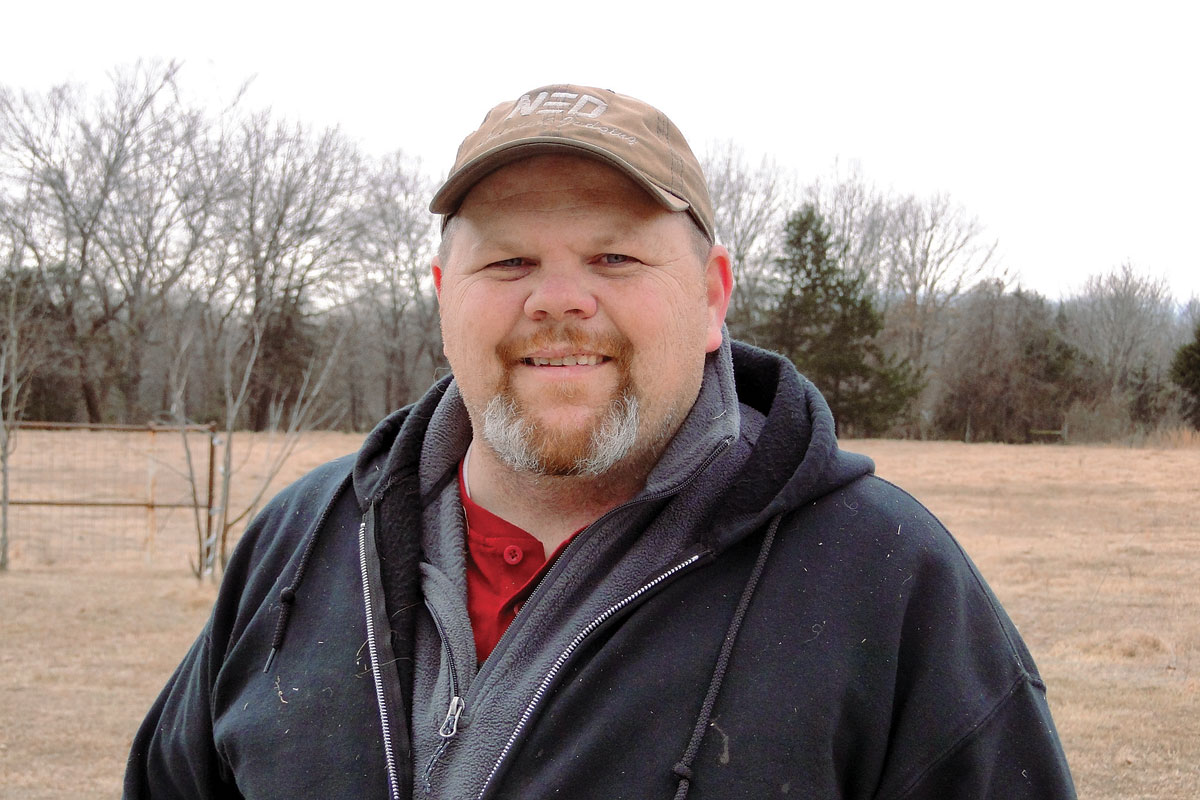
Hometown: Springdale, Ark.
Family: Wife, Deeann; a son, Tucker; and a daughter, Sabra
Town Life: “My education has placed me where I am today. I have a fire science degree from Northwest Arkansas Community College, plus an agribusiness degree from the University of Arkansas. Consequently I have been in the Springdale (Ark.) Fire Department for 19 years at Station 4 in Springdale, which is the same station my dad retired from. I serve as captain, the front-line supervisor for this station. My wife Deeann drives a bus for the Springdale schools and is a manager/waitress at her family-run restaurant named Neal’s Café. Our daughter is still in high school and participates in competitive cheering for Arkansas Career Dynamics. All of these factors combine to make a living in town a necessity at this point in our lives.
Country Life: “My agribusiness degree comes into play when I work with my father in a Beefmaster cow/calf operation on leased land in Springdale near his 13- acre homestead and on the family farm in Brentwood, Ark. We sell 60 to 70 steers per year but retain ownership when we send them to the feed yard in order to gather growth data that we then use to perfect our genetics and feed efficiency. Some heifers we retain as replacements and others we sell as replacements to other farmers. My brother Joe is also a fireman so our father always has one or both of us with him to help with the cattle. We literally just help because our father James keeps the entire operation in his head. That means the most efficient things for us to do are whatever he directs and to leave the big picture to him. We hay, feed, water and work the cattle, as well as perform maintenance on both equipment and the farm itself with the never-ending task of repairing fence.”
Future: “The combination of town and country life has been particularly important in terms of our children. Tucker gained practical knowledge like driving a tractor, performing maintenance chores and changing tires. The most important impact on my daughter is the appreciation she gained for the out-of-doors and animals, so much so that she wants to be a veterinarian and has already served an internship. The importance for me is that the farming provides an entirely different environment and set of tasks that allow me to maintain a healthy, greatly reduced stress level from my duties as captain of our station. Most firemen retire between 55 and 60 at which time I hope to work the cattle fulltime. We might even be able to move out of town into the country we love so much.”






